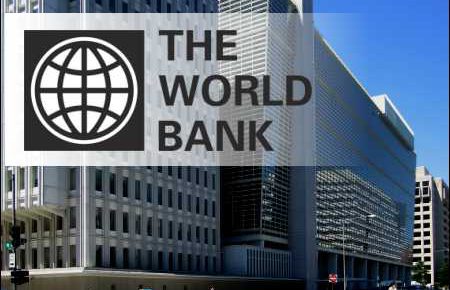…..FX regime desirable for economy – CPPE
There are strong indications that the monetary authorities have authorized commercial banks and dealers in the foreign exchange (FX) market to sell forex at the Investors & Exporters (I&E) window freely at market-determined rate
Although the Central Bank of Nigeria (CBN) has not made any official statement on the authorization at the time of filing this report, feelers from sources at the apex bank and the FX market space suggested that the deposit money banks (DMBs) and other FX dealers had been briefed of the monetary policy measure.
This implies that buyers and sellers of foreign currencies in the official FX market can now quote rates they considered reasonable for their efforts in terms of returns in the FX market, as opposed to the old regime in which the apex bank dictated rates.
The development, which many investment experts see as desirable for the nation’s economy, is coming barely 9 days after President Bola Tinubu pledged, during his inaugural address, to end the multiple FX rates of the national currency – the Naira – and by so doing ensure exchange rate stability for the local currency.
Meanwhile, the Centre for the Promotion of Private Enterprise (CPPE) has described the monetary policy measure as a bold step by the President Tinubu administration to officially float the naira and allow market forces to determine the exchange rate.
The Director/CEO of the Centre, Dr. Muda Yusuf, in a statement issued on Wednesday, pointed out that the unification of the Naira exchange rate would unlock the huge potential for investment, jobs, and capital flows.
According to the foremost economist, the new FX regime will allow for flexible rate adjustments making the market predictable, equitable, transparent, and sustainable as well as reduce uncertainty and inspire the confidence of investors in the FX market.
The CPPE boss stated: “The Centre for the Promotion of Private Enterprise welcomes the bold step taken by the Tinubu administration towards the unification of the naira exchange rate.
“A unified exchange rate regime enhances liquidity and reduces uncertainty in the foreign exchange market. It would boost government revenue by a minimum of N4 trillion through additional remittance of exchange rate surplus to the federation account by the CBN and allow the use of naira cards for limited international transactions.
“It would facilitate the mopping up of naira liquidity in the economy in the short to medium term. This would impact positively the inflation outlook.
“The CPPE also expects the new policy to deepen the autonomous foreign exchange market through the liberalisation of inflows from Export Proceeds, Diaspora Remittances, Multinational oil companies, diplomatic missions, etc.”, Yusuf added.
The OPS advocacy chief further clarified that it was :important to reiterate that this is not a devaluation policy, it is a normalization of the foreign exchange policy regime and an adjustment of rate to reflect the fundamentals of demand and supply. It would be dynamic; and the naira will appreciate or depreciate depending on the fundamentals.
“In the short term, we expect a depreciation of the currency in the official window because of the huge demand backlog. But as the market conditions normalizes and moves towards equilibrium, the rate would moderate.
“We also expect the new policy regime to boost inflows and strengthen the supply side amidst elevated investors’ confidence. The component of forex demand driven by arbitrage, rent seekers, speculators and other economic parasites would also fizzle out, thus restoring stability to the forex market”, he added.
He, however, advised the CBN to position itself for periodic intervention in the forex market, as and when necessary, to stabilize the exchange rate and prevent volatility, stressing that this should happen not by fixing rate, but by boosting supply to the extent that the reserves can support.




